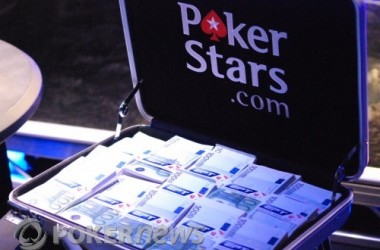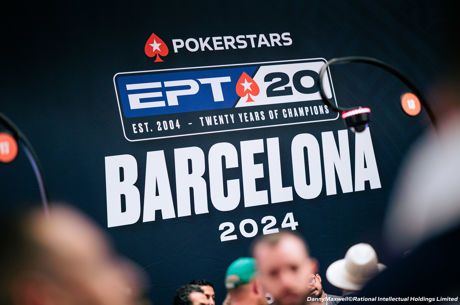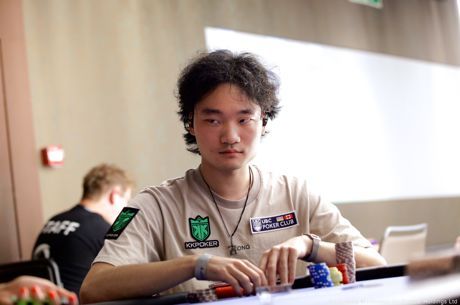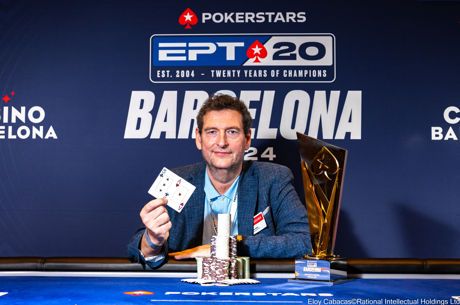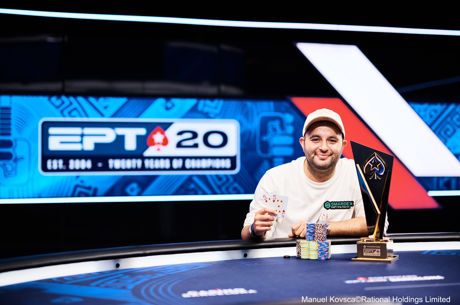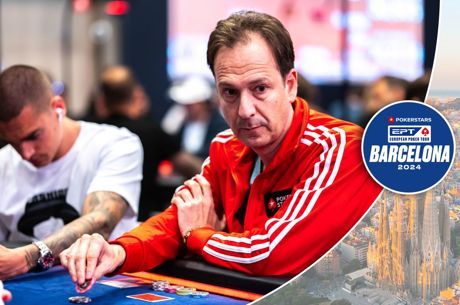European Poker Tour Unveils New Player of the Year Ranking System

The PokerStars.com European Poker Tour kicked off its seventh season this week in Tallinn, Estonia. For the occasion, PokerStars also unveiled the new point system the tour will use to calculate Player of the Year and seven other annual titles. The EPT awards were introduced in the middle of Season Six, so this is the first year that players have a chance to compete for the honors from the start. Winners of EPT awards receive packages to the opening event of the following season along with a shiny trophy and a spot in the EPT history books.
PokerStars revamped the point scale in response to players' requests. "We listened to player feedback," said Neil Johnson, EPT event host and player liaison. "Because the system was new, obviously there were going to be tweaks to make it fair for everyone." Johnson said they considered all of the points systems used by various tours and media outlets when designing the new EPT awards. "There is some kind of dissatisfaction with every system out there," Johnson said. "We picked one that was best for the EPT." It is designed to prevent any player from being able to run away with the award and to make sure that a single victory at one of the tour's biggest events wouldn't lock up the PoY title.
Players' biggest complaint last year was the inability of the system to reward cashes differently based on field size in both main and side events. Last season, Kevin MacPhee made a big push to win Player of the Year after taking down the 945-runner Main Event in Berlin. MacPhee came up just short of Maxim Lykov, who won EPT Kyiv. The Kyiv Main Event only had 296 entrants, but it was worth the same number of points as MacPhee's defeat of a field more than three times larger. MacPhee described the old points system as "pretty flawed" because it was "weighted toward small events and small buy ins."
The new system is still blind to buy-in amounts as long as the event meets the minimum $/�/��1,000 requirement, but it is weighted to account for field size. Of the points awarded for main-event cashes, players earn 100 percent of the allotted points if the field size is between 500 and 1,000 people. They only get 80 percent of the points if their cash comes in a main even with fewer than 500 entrants, and they get 120 percent of the points if their main event has over 1,000 players. Side events are similarly weighted to award 80 percent if there are fewer than 40 entrants, 100 percent if there are between 40 and 250, and 120 percent if there are more than 250. All the point totals are ten times higher than those awarded in Season Six.
Events with fewer than 16 players will not qualify for PoY points. That will prevent situations like last year's Kyiv High Roller event. Shaun Deeb won the tournament and received the same number of points as any other side-event winner even though he only defeated two opponents. For his impressive victory, Deeb was jokingly nominated for Achievement of the Year in Season Six. The award ultimately went to Allan Baekke, who won EPT Snowfest and then finished 12th in the next main event in San Remo.
This year, PokerStars also added a Heads-Up Player-of-the-Year award to recognize the player who earns the most points in strictly heads up events. In addition, they changed the criteria for Online Qualifier of the Year to prevent grinders from earning extra points for racking up multiple seats to the same event. "The online award is designed to reward the player who can use our satellite system to make it here and then excel at the live events," Johnson said.
Johnson explained that the EPT did not want to weight points based on buy-in or prize money because that would give the winners of the tour's priciest main events �D the $10,000 PokerStars Caribbean Adventure and the �10,000 Monte Carlo Grand Final �D a huge advantage and make it difficult for anyone else to catch them in the PoY race.
Yet some players are still unhappy about the decision not to account for the magnitude of the buy-in. MacPhee hasn't studied the new system, but he is disappointed that it won't include buy-ins as a factor. The points system "really shouldn't dictate what tournaments you play," MacPhee said. "That's what has happened. It makes more sense to play lower buy-ins than high rollers with tougher fields." When he was trying to catch Lykov to win Season Six PoY, MacPhee decided not to play the high-roller event he'd been looking foward to in order to have more chances at earning points in multiple low buy-in tournaments with smaller and softer fields.
The EPT will continue to gather player feedback and anticipates making further changes to the system for next season. "The goal is to reward player excellence on the tour," Johnson said. "And since the tour continues to evolve, the awards will continue to evolve along with it."
Get more information on the revamped EPT Awards and sign up for a PokerStars account to qualify for a seat for one of the upcoming stops on the EPT.



